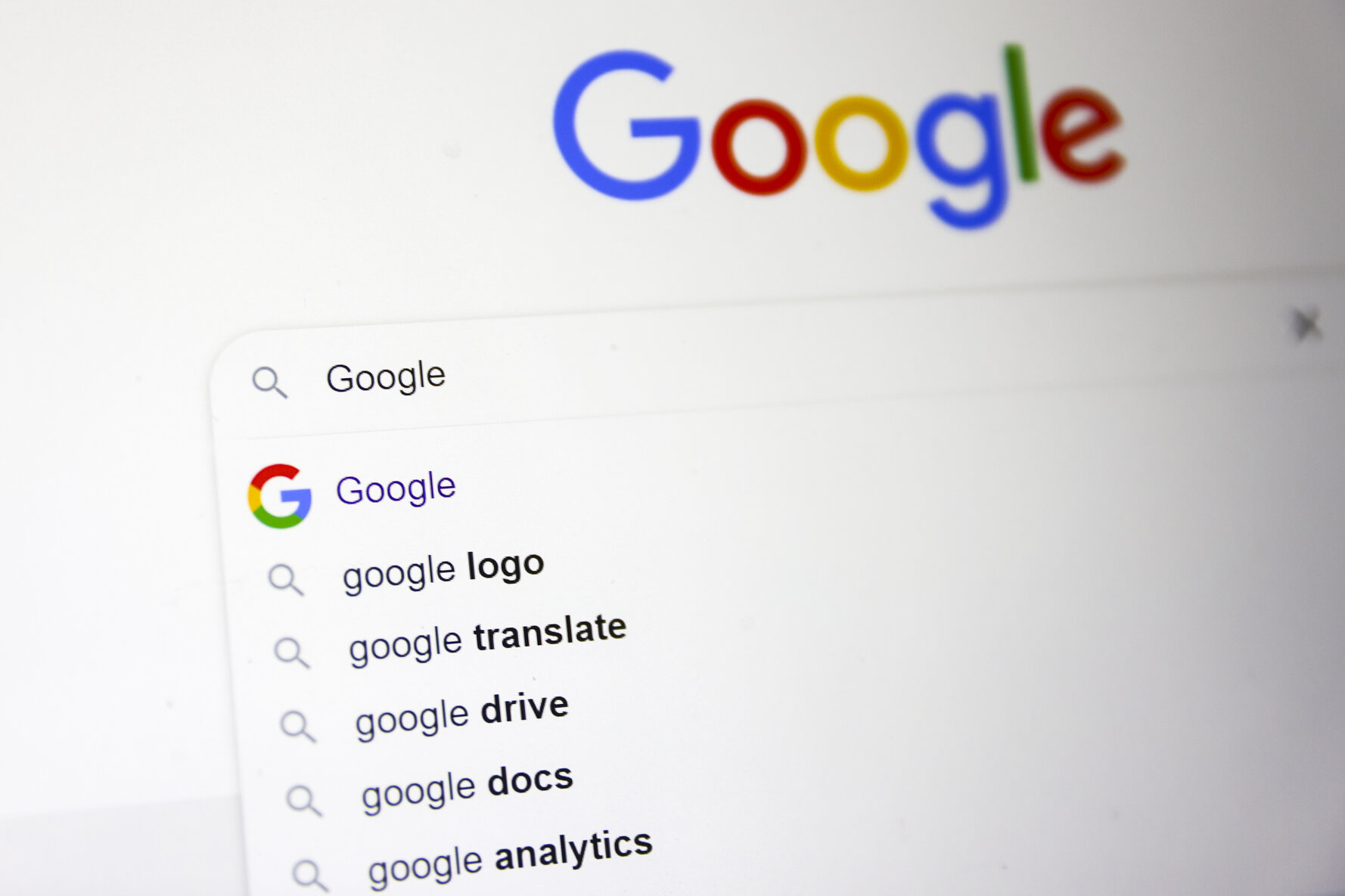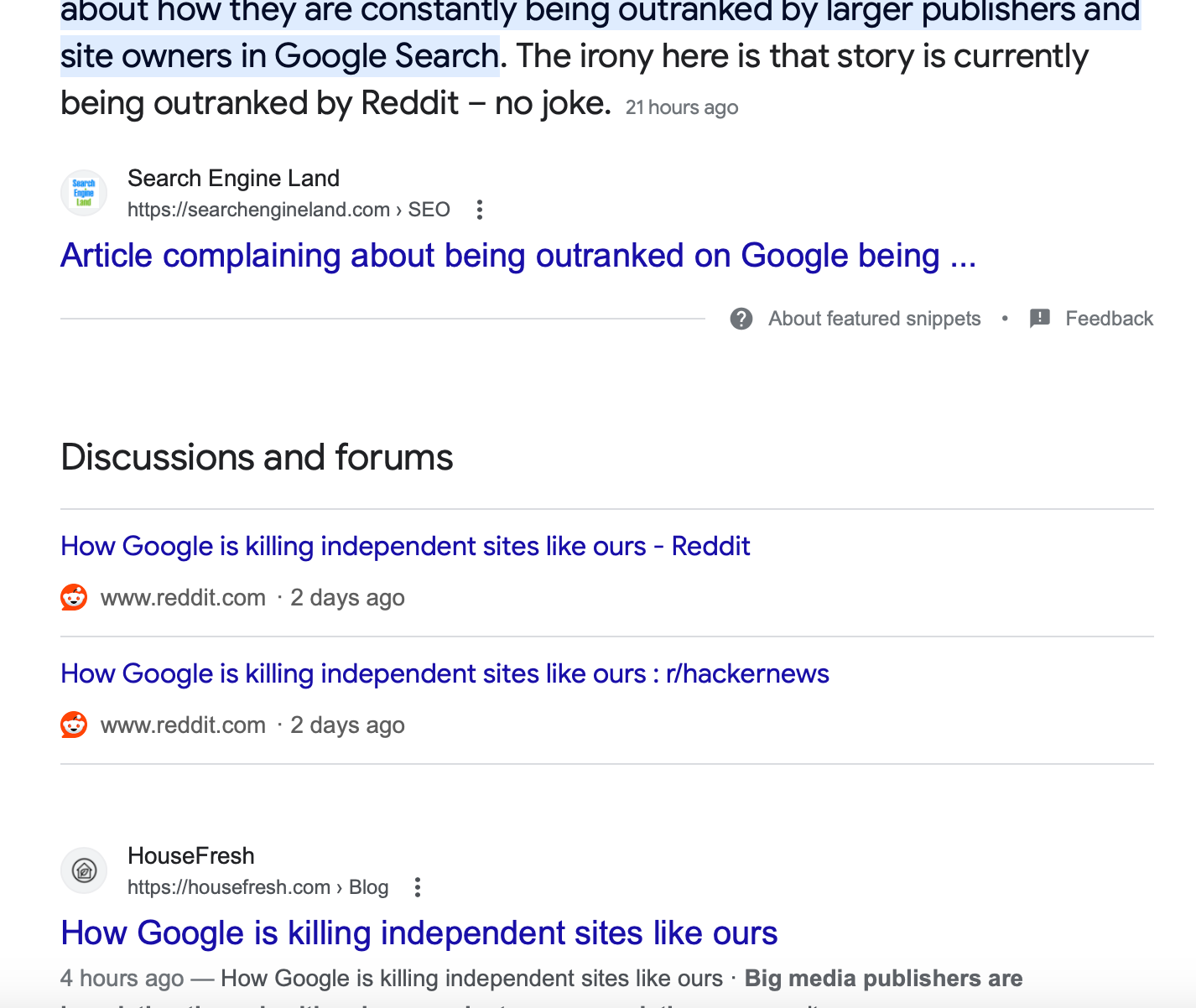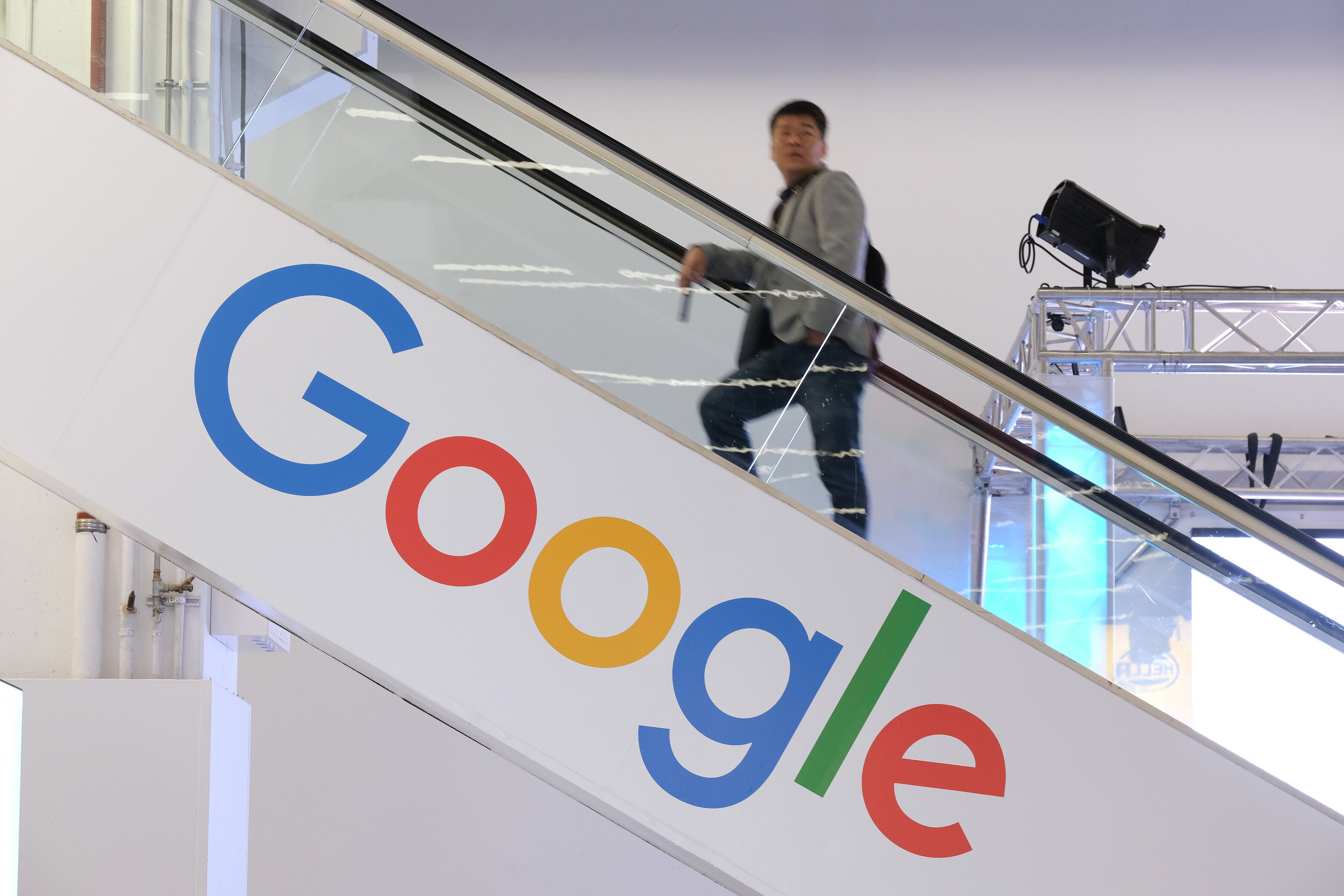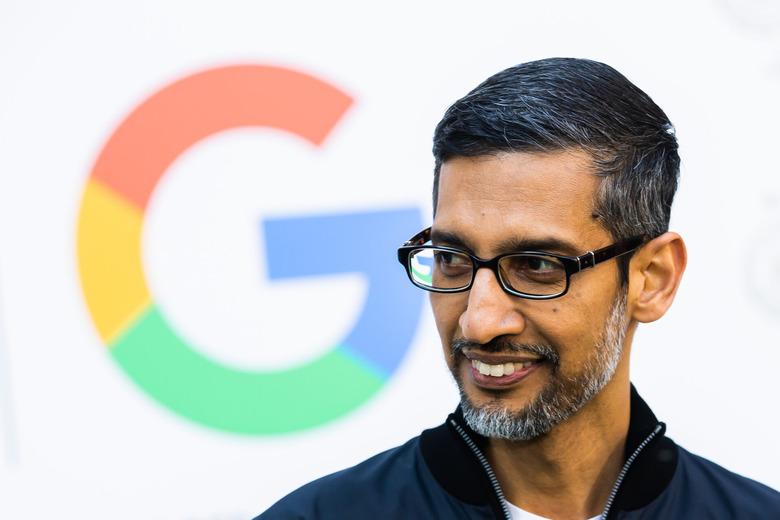AI Is Going To Make An Already-Mediocre Google Search So Much Worse
Back in 2022, Google made a significant announcement related to Google Search, its now 25-year-old search engine that remains an ad-based revenue powerhouse for the company. The gist of the announcement was that, going forward, search results would prioritize sites that offer so-called "helpful content" — in other words, content that users find helpful and satisfying. And, importantly, that Google Search would, at the same time, start penalizing sites that don't offer content deemed to be "helpful."
That goal sounds straightforward enough — until you take a closer look at what it really entails.
Google, for example, is not a person or even a team of people reading every single piece of content that's published on the web and delivered in the form of search results. It doesn't ask users if they, indeed, find a piece of content helpful or unsatisfying. And yet, this search engine that lawmakers have allowed to retain its monopoly hold on the internet search market is nonetheless now picking winners and losers according to their perceived "helpfulness."

Moreover, this profound and little-understood shift in how the world's leading search engine works is not only making Google Search less useful than ever. Google's monopoly power and terrible execution are, in fact, slowly killing small sites that are trying to offer helpful content by starving them of traffic.
"Google won't be the gatekeeper forever, but they are the gatekeeper now," laments a now-viral article from HouseFresh, a reviews site focused on air quality products. The site's article, titled "How Google is killing independent sites like ours," methodically deconstructs how no matter what HouseFresh does — no matter how comprehensive and helpful its reviews of products like air purifiers for pet hair are — Google is letting the same big publishers bubble up to the top of search results. Specifically, publishers like Forbes and Rolling Stone, which (and this is the important part) don't dedicate expert teams to such product reviews and also don't have a proven history of subject matter authority in this area.
In other words, while Google Search's machinations have certainly always been make-or-break for sites and content creators, HouseFresh contends that this whole "helpful content" push is threatening to break small sites like its own. And you can actually get a sense of this from Google's own search results below:

I used Google to search for the title of that HouseFresh article, which is something you might do if you wanted to read it but forget the name of the publisher that produced it. Now, given that I'm searching for the title of the HouseFresh article, you'd think that the actual article would be the most "helpful" search result for me, but no — Google ranks an article about that article, as well as Reddit posts about that article, higher than the article itself.
The super-frustrating part about all this, from the perspective of those of us in the business of producing content, is that whereas Google once pursued the goal of organizing the depth and breadth of the web, Google Search is now more or less trying to do the same thing that a lie detector does.
A lie detector, of course, is not God, meaning it has no way of looking inside a person to judge whether or not something is a lie. Instead, it simply analyzes physiological factors like blood pressure to identify reactions that are consistent with someone telling a lie. Likewise, the best that Google Search can even hope to do is to identify content that's consistent with the kind of things that users find helpful. And that's where the problems start.

Google's representatives will tell you otherwise, but one signal that it's clearly using to rank content is the source of that content. The New York Times and CNN, for example, will rank higher than Bob's TV Blog forever and always, even though that's one of the laziest and quite often the worst signals you can use to rank-order content.
And how's this for helpful content:
When I Google my name — by simply typing "Andy Meek" and nothing else into the Google Search input box — what Google shows you at the top of the search results on the web is my Google Search "knowledge panel," which includes large bubbles containing factoids about me. One of those bubbles includes photos of yours truly.
I should interject here that I had to proactively "claim" the Google Search knowledge panel for "Andy Meek," which entailed proving to Google who I am. Which is why, personally, I find it the opposite of helpful to see a photo of some random dog, as well as photos of someone who's very much not me, mixed in with my photos.
Again, Google clearly knows who I am. I had to prove it to them. Also, Google knows how to correctly surface a social media account and various professional results about me — along with a random dog and a photo of some guy who's not me.
I presented this to someone at Google, who sympathized with me but also told me there's nothing he or anyone at Google can do in this case. As he explained, it's to prevent people from using contacts at Google to remove or change things like this.
Got that?
His implication was that Google is basically just going to Google, and whatever it decides is "helpful content" — be that an article you produced or a random photo of somebody's pet — is just the way it is. No wonder Lily Ray, senior director of search engine optimization at digital marketing agency Amsive Digital, recently told Fortune: "It's the worst quality results on Google I've seen in my 14-year career."
In hindsight, perhaps the original sin here was Google being allowed free rein in the first place to essentially eat the internet on the road toward grabbing an iron-clad, monopolist share of the search market. There's so much content to surface now, in other words, that one of the company's chief flacks (Google Search Public Liaison Danny Sullivan) recently offered the following in response to that HouseFresh fiasco via X/Twitter:
"I'd like to see us do more to ensure we're showing a better diversity of results that does include both small and large publications."
Statements like that prove the company still doesn't get it.

Both as a user and as a content creator, diversity of results is not something I care one iota about. How is it useful for the search results you're presented with to be comprised of a diversity of garbage? What I care about, instead, is Google not artificially hiding something I produce, akin to what it's doing to HouseFresh's content, and for Google to refrain from arbitrarily picking winners and losers. If that's too hard for Google to do, why did it get this big in the first place?
Moreover, Google's track record here should concern anyone who's watching its manic effort to put AI front and center in its products.
OpenAI's incredibly advanced ChatGPT chatbot has clearly put the fear of God into Google, such that Google is now in the process of shifting its entire Google Search experience toward more of an AI-first, conversational experience. Meaning, the company that bumbles in surfacing the right content now is going to make this process even more of an automated nightmare — and (here's the best part) will, in the process, keep more traffic for itself by having its AI summarize links right there inside of Google Search — sorry publishers.
No wonder alternatives to Google Search like Perplexity and, obviously, ChatGPT are catching fire. If I could give Google's increasingly Steve Ballmer-like CEO Sundar Pichai any advice, it would be this: Before running around with your hair on fire about AI, maybe get back to just intelligent search results and leave the artificial intelligence to companies that aren't drowning in mediocrity.
